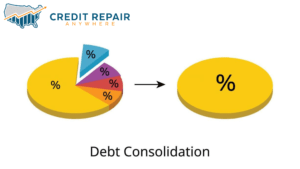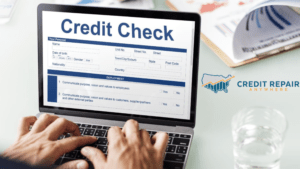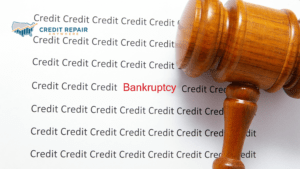Minimum credit score to get a mortgage? There is no credit score threshold that will definitely disqualify you from getting a mortgage, but the lower your score; the harder it will be to find a lender to approve you for a loan. For conventional conforming loans, a 620 credit score is typically the minimum for consideration, while government-backed loans tend to offer more flexibility with lower credit scores (more on that below). Many mortgage lender advertisements for the best interest rates, however, assume a credit score of at least 740 or higher.
Credit scores generally range from 300 to 850, though some scoring models for auto loans and bank credit cards can stretch from 250 to 900. One of the most common scoring models is the FICO score. Here’s how the population breaks down in terms of credit scores, according to FICO:
Current Mortgage Rates for Varied Credit Scores
- 800–850 (Exceptional): 21 percent
- 740–799 (Very good): 25 percent
- 670-739 (Good): 21 percent
- 580-669 (Fair): 17 percent
- 300-579 (Poor): 16 percent
Keep in mind that your score can vary between the three credit reporting bureaus, Equifax, Experian and TransUnion. Most lenders look at the middle credit score of the three when considering you for a mortgage.
How much will a low credit score cost you?
Mortgage lenders check your credit score when deciding whether to approve your loan application. It doesn’t just impact whether you’re approved, though — it also plays a major role in the interest rate you receive. The best mortgage rates are reserved for the borrowers who present the lowest risk.
Lenders consider other factors, as well, including loan-to-value (LTV) and debt-to-income(DTI) ratios, but credit scores are especially important.
Averages for a 30-year fixed loans in the amount of $300,240 — 80 percent
The examples below are based on national averages for a 30-year fixed loan in the amount of $300,240 — 80 percent of the national median existing-home price as of March 2022, according to the National Association of Realtors, reflecting a 20 percent down payment.

There is a dramatic difference between a 4.826 percent APR and a 6.415 percent APR — more than $100,000 — in interest over the life of the loan. Although this example doesn’t go below 620, the data is clear: Credit scores lower than that result in even higher financing costs.
How to get loans mortgage with bad credit
While getting a mortgage for a home or refinancing with less-than-perfect credit can cost more; it might still be more appealing than continuing to pay rent. Here are tips to help you get a mortgage with bad credit:
- Shop around – Every mortgage lender is different, and some are able to offer lower rates than others. Research shows that getting multiple rate quotes can save you thousands over a 30-year mortgage.
- Think bigger than banks – Banks are not the only mortgage game in town; there are non-bank and online lenders, credit unions and other types of lenders, and they all want your business. Let them compete for it to see where you get the best offer.
- Explore bad credit home loans – If you’re a first-time homebuyer or otherwise qualify for low-income loan programs; you have options beyond a conventional loan. VA loans and USDA loans have no down payment requirement and no set credit score requirement, so ask your lender whether you’re eligible. The Fannie Mae HomeReady and Freddie Mac HomeOne and Home Possible loan programs are worth exploring; too, along with many first-time homebuyer programs.
- Find a co-signer – If you have bad credit, you might consider asking a family member or friend with better credit to co-sign your mortgage. This can help give your application a boost — but only if the co-signer is able and willing to take on the debt.
- See if you qualify for down payment assistance – If you’re looking to get a mortgage with bad credit; you might be worried about coming up with a down payment or hoping to boost your down payment to compensate for your credit situation. There are more than 2,500 down payment assistance programs nationwide, so there could be one you qualify for.
- Don’t make any big changes to your finances – A new credit card or big purchase can push down your credit score; so avoid taking on or applying for new debt during the mortgage application process.
- Watch for ‘guaranteed’ approval loans – If you see ads promising “guaranteed” approval for a mortgage regardless of credit, it’s a red flag. Under federal rules; a lender must verify the ability of a borrower to repay a mortgage, so there can’t be a “guarantee” unless that happens. On these kinds of offers, you might even get that guaranteed approval, but it’ll come with excessive or inflated costs.



